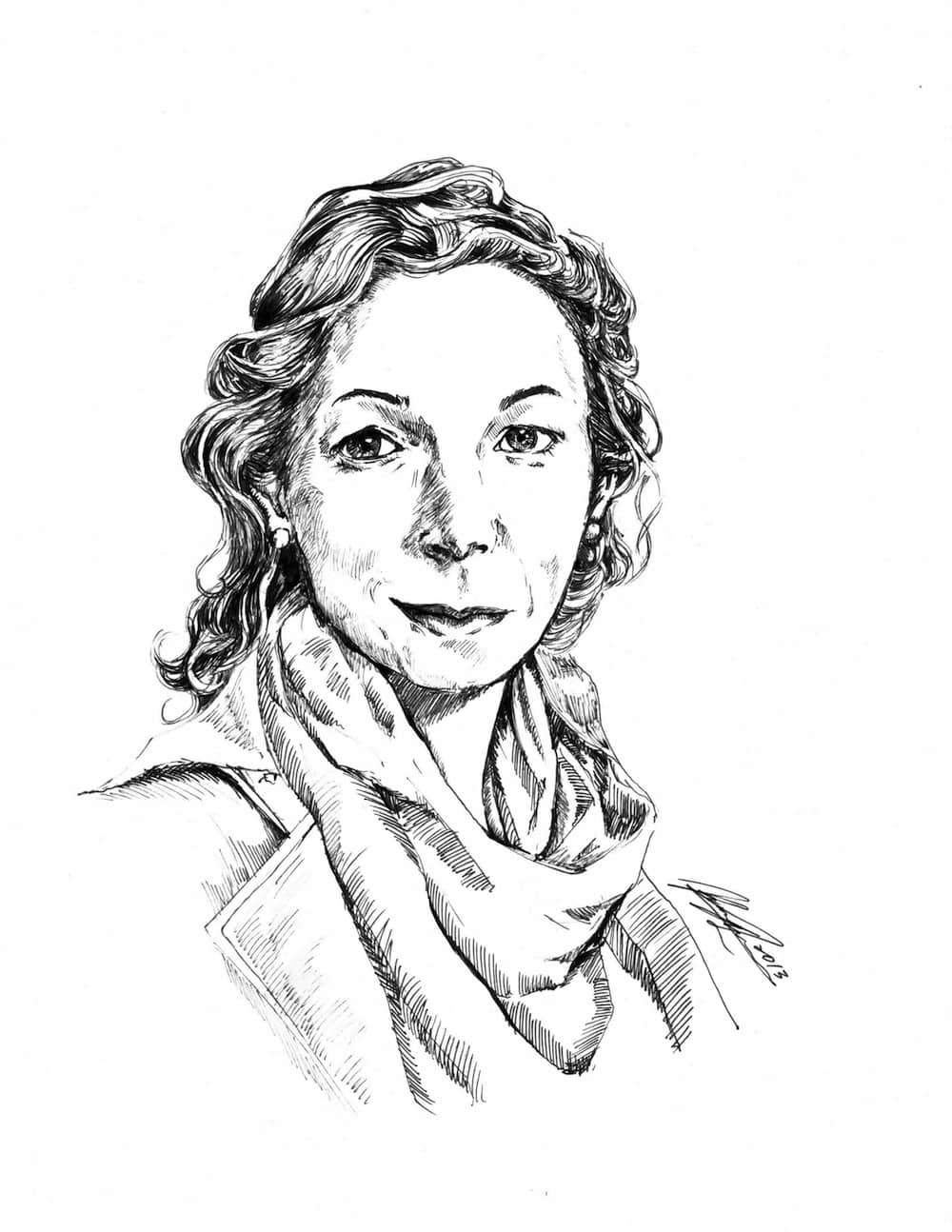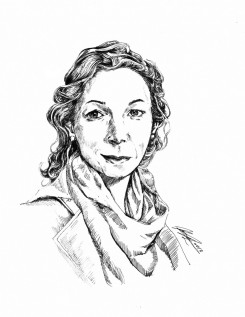This year, summer ends with celebration — it’s the very first Toronto Science Festival (TSF), a three-day recognition of the curiosity and ingenuity that drive science. On September 28, a panel of scientists will look for answers to some of science’s most fundamental questions. “The Origins and Evolution of Life on Earth” panel brings together four evolutionary biologists to explore evolution’s universal patterns, and what they might tell us about life beyond our planet.
The Varsity’s Noemie De Vuyst spoke with Jennifer Carpenter, a U of T professor, science journalist, and moderator of the panel.
The Varsity: As a student of ecology, I was pretty excited to see that the inaugural theme of the Toronto Science Festival is “Life in the Universe.” What can we expect?
Jennifer Carpenter: Over the weekend of 27 to 29 September you have the chance to hear about life on and beyond our earthly confines. From astronaut Julie Payette’s experiences in space to scientists who are looking for extra-terrestrial life; from a conversation with astronomers and anthropologists about how humans might communicate with aliens to a discussion about what we can learn about life in the universe from lessons on Earth.
TV: The panel is bringing together four evolutionary biologists, representing fields as diverse as botany to paleontology. What do you hope they’ll be able to cover in an hour?
JC: I hope they’ll take us on a tour of how evolution works and how they study it by giving us many wonderful examples of what evolution results in. I hope the panel will admit that they are detectives looking for evidence that evolution has been at work. I’ve heard whispers that they’ll talk about dinosaurs, evolving pseudo-creatures, how life becomes complex from simple beginnings, and the adaptations that allowed vertebrates to become airborne, among other things. And once they have introduced us to all this, I hope they will give us clues about how we, the non-specialist, can look out for traces of evolution in the natural world on Earth and beyond.
TV: Do you think the biologists’ knowledge of life on Earth might really shed light on what could be living in other parts of the universe?
JC: I think so. And that is because biology is underpinned by chemistry, and chemistry is underpinned by physics, physics by mathematics. Biologist E.O. Wilson said this better — although a little wordier — than I: “…Quantum theory underlies atomic physics, which is the foundation of reagent chemistry and its specialized offshoot biochemistry, which interlock with molecular biology — essentially, the chemistry of organic macromolecules — and thence, through successively higher levels of organization, cellular, organismic, and evolutionary biology.” Essentially he is saying that underlying all evolutionary biology is ultimately quantum theory, which governs the physical behaviours at the molecular, atomic, and sub-atomic levels of everything in the universe. And because we don’t expect its rules to be different once you step off our planet, nor should the laws of biology. So in short, yes there is a lot to learn about the potential for life elsewhere from life on Earth.
TV: Back on Earth, every student who has taken first-year biology has come across Dobzhansky’s famous line: “Nothing in biology makes sense except in the light of evolution.” It’s clear that an understanding of evolution is a must for a biologist — but why does it matter for everyone else?
JC: It is hard to answer this question without sounding really earnest. Here goes: If you aren’t interested in how and where life started, what life looked like in the past, how we evolved from a single celled organism barely able to steer itself; if you don’t want to understand why you probably know someone who has died of a disease that your parents thought had been eradicated, or if you don’t want to consider that life might exist elsewhere or wonder what it might look like, then sure, this doesn’t matter and you should stay home. If you are curious, then come — September 27 to 29.



